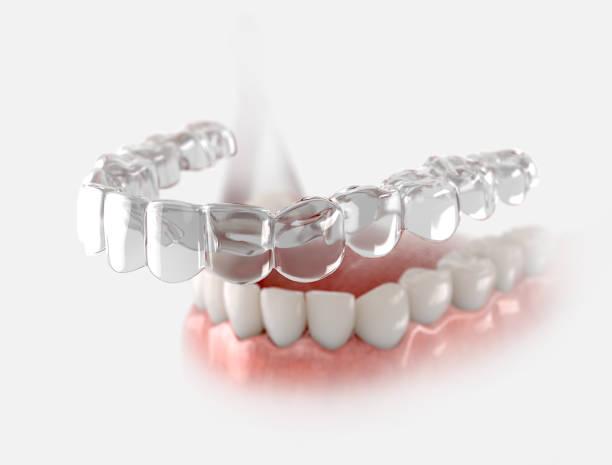What Happens If You Don’t Wear Your Dental Retainer?

Wearing a dental retainer after orthodontic treatment is crucial for maintaining your new smile. While braces or aligners straighten your teeth, retainers ensure that the results are long-lasting. Many people underestimate their importance, but skipping your retainer can undo months or even years of orthodontic work. In this article, we’ll explore what happens when you neglect to wear your dental retainer, and why it’s essential for your oral health.
Why Dental Retainers Matter After Orthodontic Treatment
A dental retainer serves as a stabilizer for your teeth after they’ve been moved into alignment. Once braces are removed, the surrounding tissues and bones need time to adjust to the new positioning. If a retainer is not worn regularly, the teeth may begin to shift back to their original misaligned positions—a process called “orthodontic relapse.” This means all the time, effort, and money spent on treatment could go to waste if you’re not consistent with your retainer use.
The Consequences of Not Wearing a Dental Retainer
Neglecting your dental retainer can lead to a host of problems. Teeth may gradually become crooked again, causing aesthetic concerns and even functional issues like difficulty chewing or jaw pain. In some cases, the changes are so significant that additional orthodontic treatment becomes necessary. Also, without a retainer, the alignment of your bite may shift, leading to uneven wear on your teeth and potential speech issues. This is especially common during the first few months after braces are removed, a time when the teeth are most vulnerable to shifting.
How to Avoid Orthodontic Relapse
To prevent these issues, it's essential to follow your orthodontist’s advice about retainer wear. Typically, you’ll be advised to wear a dental retainer full-time for the first few months and then transition to nighttime wear. Regularly cleaning and checking your retainer for damage is also important to ensure it continues to function properly. Skipping even a few days can result in noticeable movement of your teeth, so consistency is key. If your retainer feels tight or doesn’t fit properly, it may be a sign that your teeth have already begun to shift.
Conclusion
Wearing a dental retainer is not optional—it’s a critical part of preserving your smile. Ignoring this step can result in reversed progress and the need for future orthodontic treatment. By staying disciplined and making your retainer part of your daily routine, you protect your investment and maintain the alignment of your teeth for years to come. So, don’t underestimate the power of your dental retainer—your future smile depends on it.
- Art
- Causes
- Crafts
- Dance
- Drinks
- Film
- Fitness
- Food
- Spiele
- Gardening
- Health
- Startseite
- Literature
- Music
- Networking
- Andere
- Party
- Religion
- Shopping
- Sports
- Theater
- Wellness



